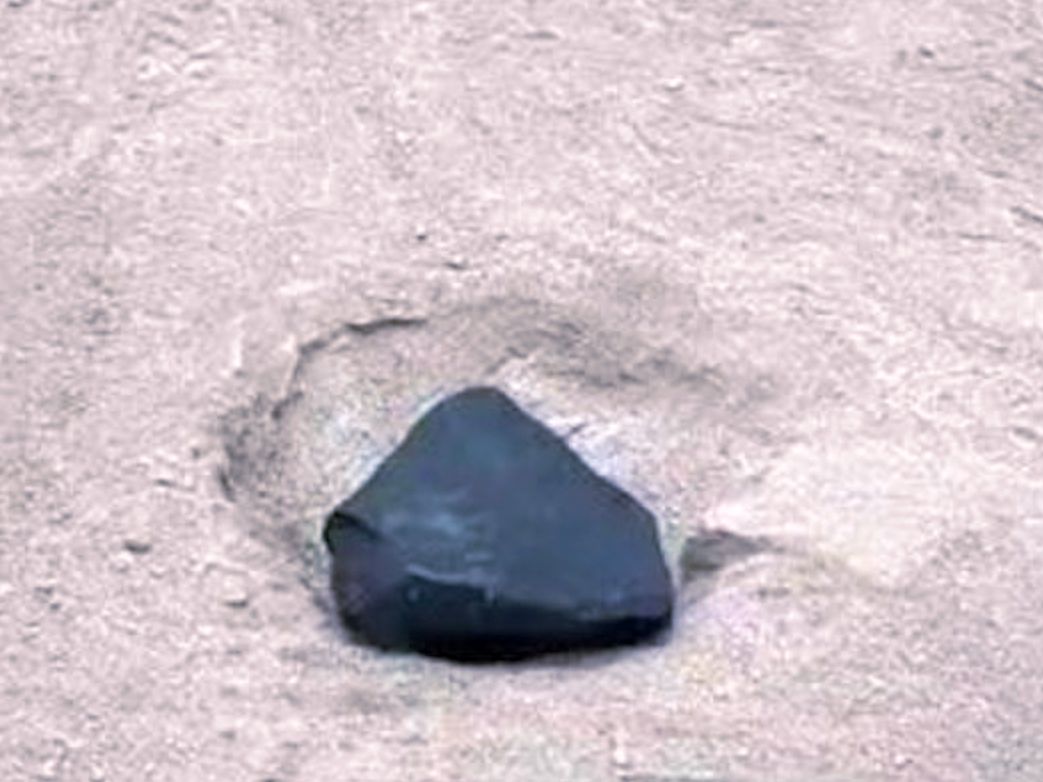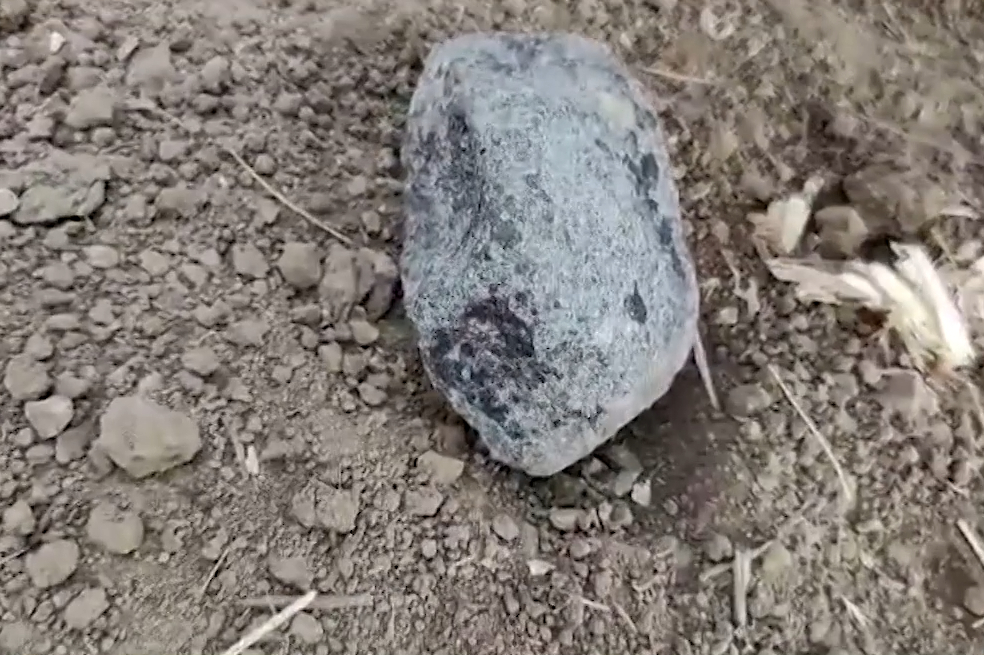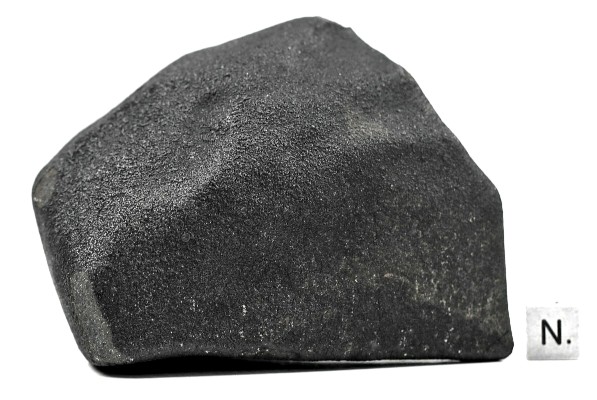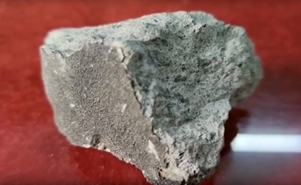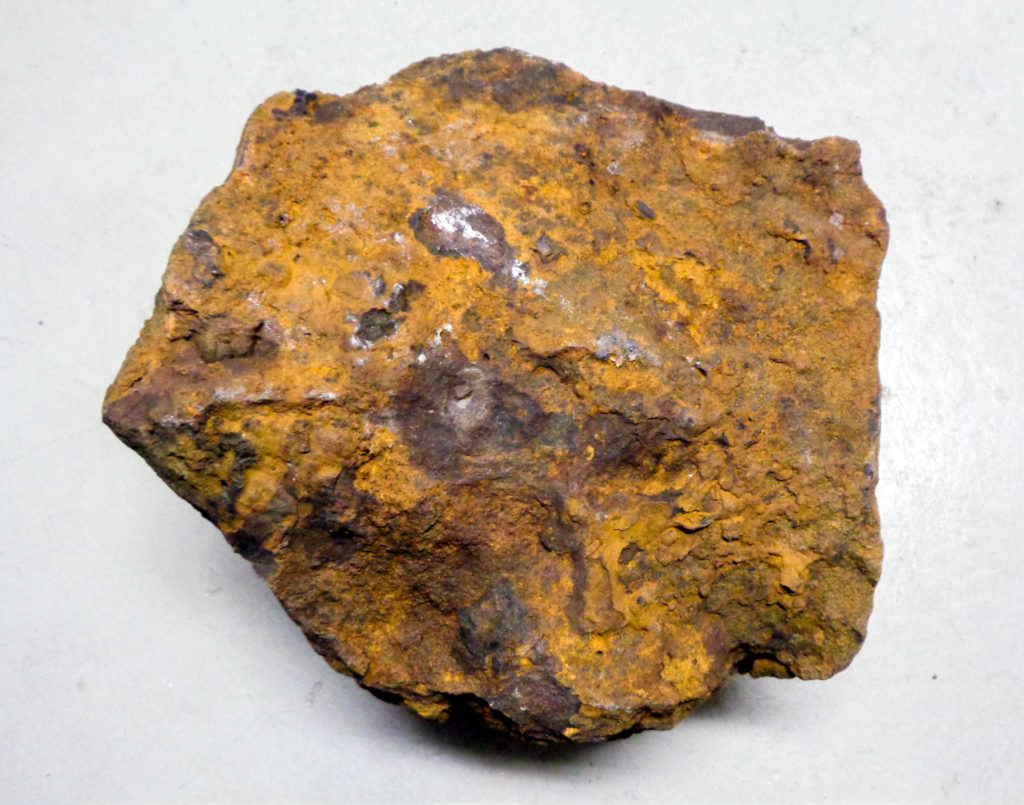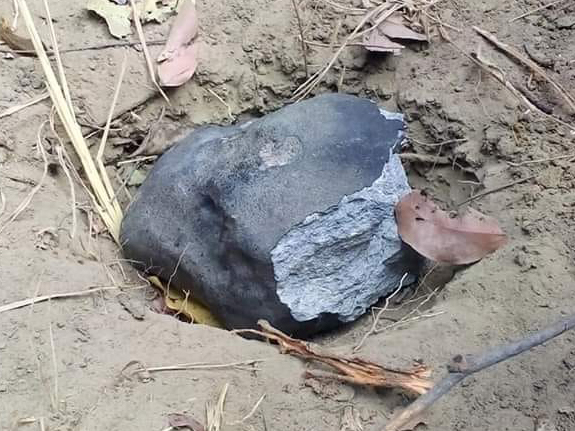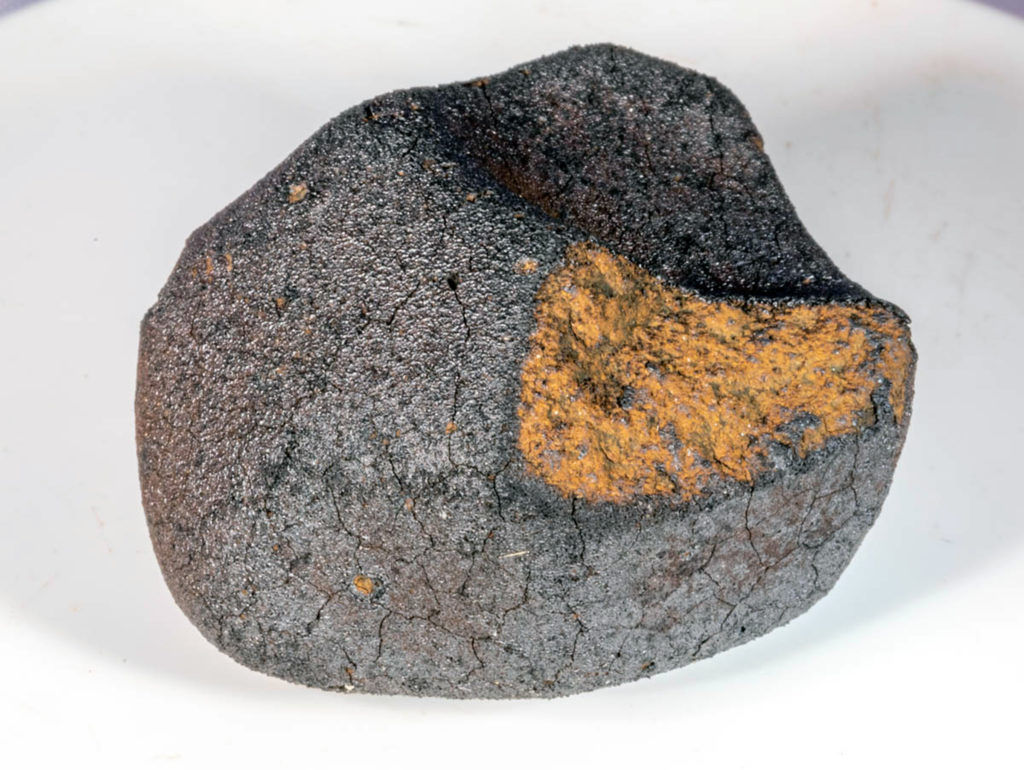Volatile species in comet 67P/Churyumov-Gerasimenko — investigating the link from the ISM to the terrestrial planetsOPEN ACCESS
Martin Rubin, David V. Bekaert, Michael W. Broadley, Maria N. Drozdovskaya, Susanne F. Wampfler
“This document is the unedited Author’s version of a Submitted Work that was subsequently accepted for publication in ACS Earth and Space Chemistry”
“Comets contain abundant amounts of organic and inorganic species. Many of the volatile molecules in comets have also been observed in the interstellar medium and some of them even with similar relative abundances, indicating formation under similar conditions or even sharing a common chemical pathway. There is a growing amount of evidence that suggests comets inherit and preserve substantial fractions of materials inherited from previous evolutionary phases, potentially indicating that commonplace processes occurred throughout comet-forming regions. Through impacts, part of this material has also been transported to the inner planetary system, including the terrestrial planets. While comets have been ruled out as a major contributor to terrestrial ocean water, substantial delivery of volatile species to the Earth’s atmosphere, and as a consequence also organic molecules to its biomass, appears more likely. Comets contain many species of pre-biotic relevance and molecules that are related to biological processes on Earth, and have hence been proposed as potential indicators for the presence of biological processes in the search of extraterrestrial life. While the delivery of cometary material to Earth may have played a crucial role in the emergence of life, the presence of such alleged biosignature molecules in the abiotical environment of comets complicates the detection of life elsewhere in the universe.”

